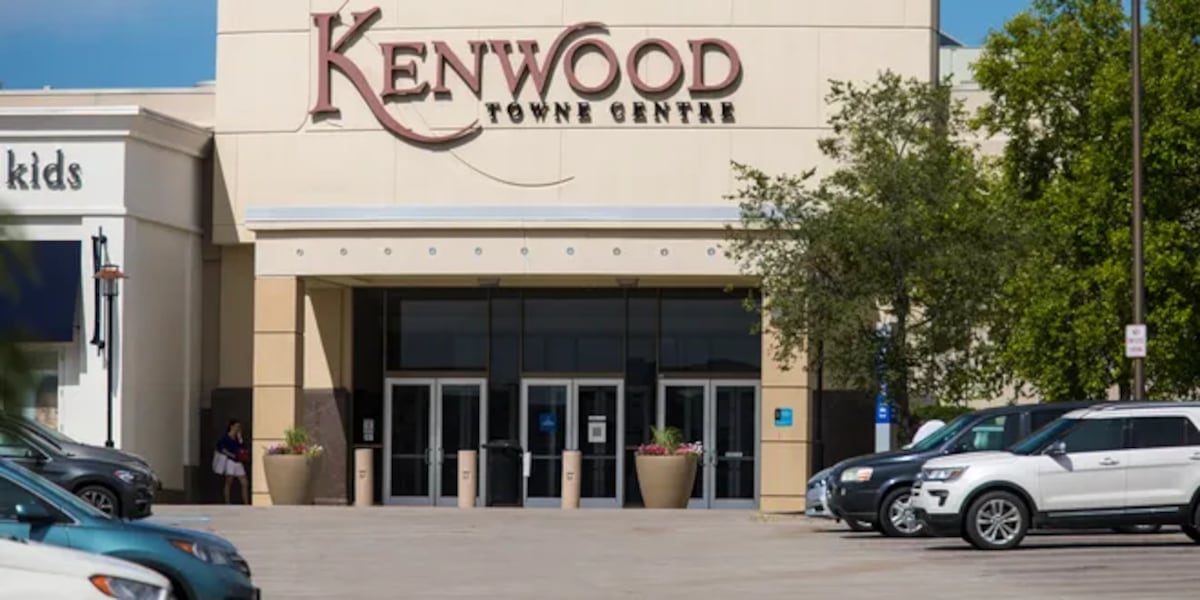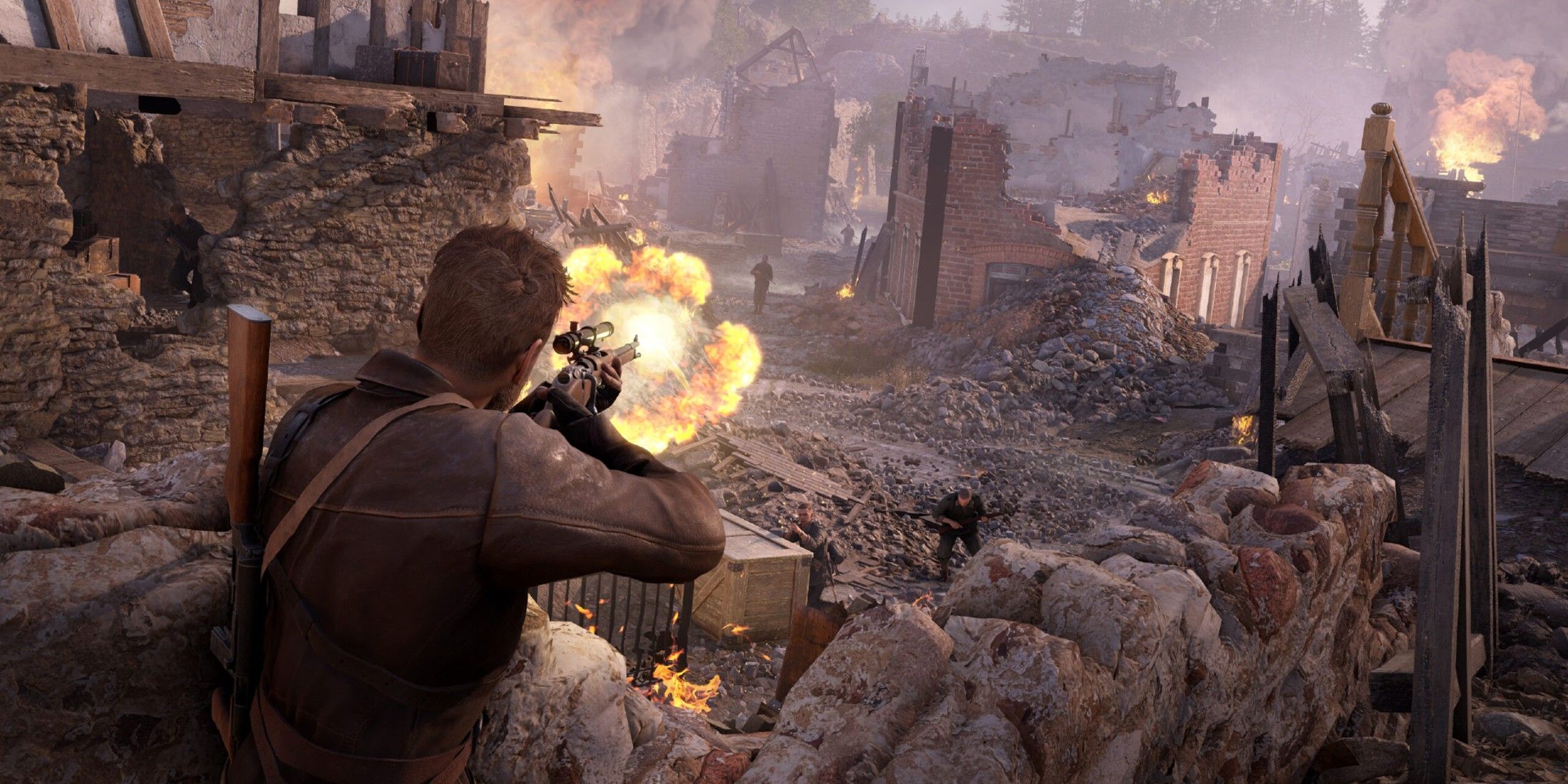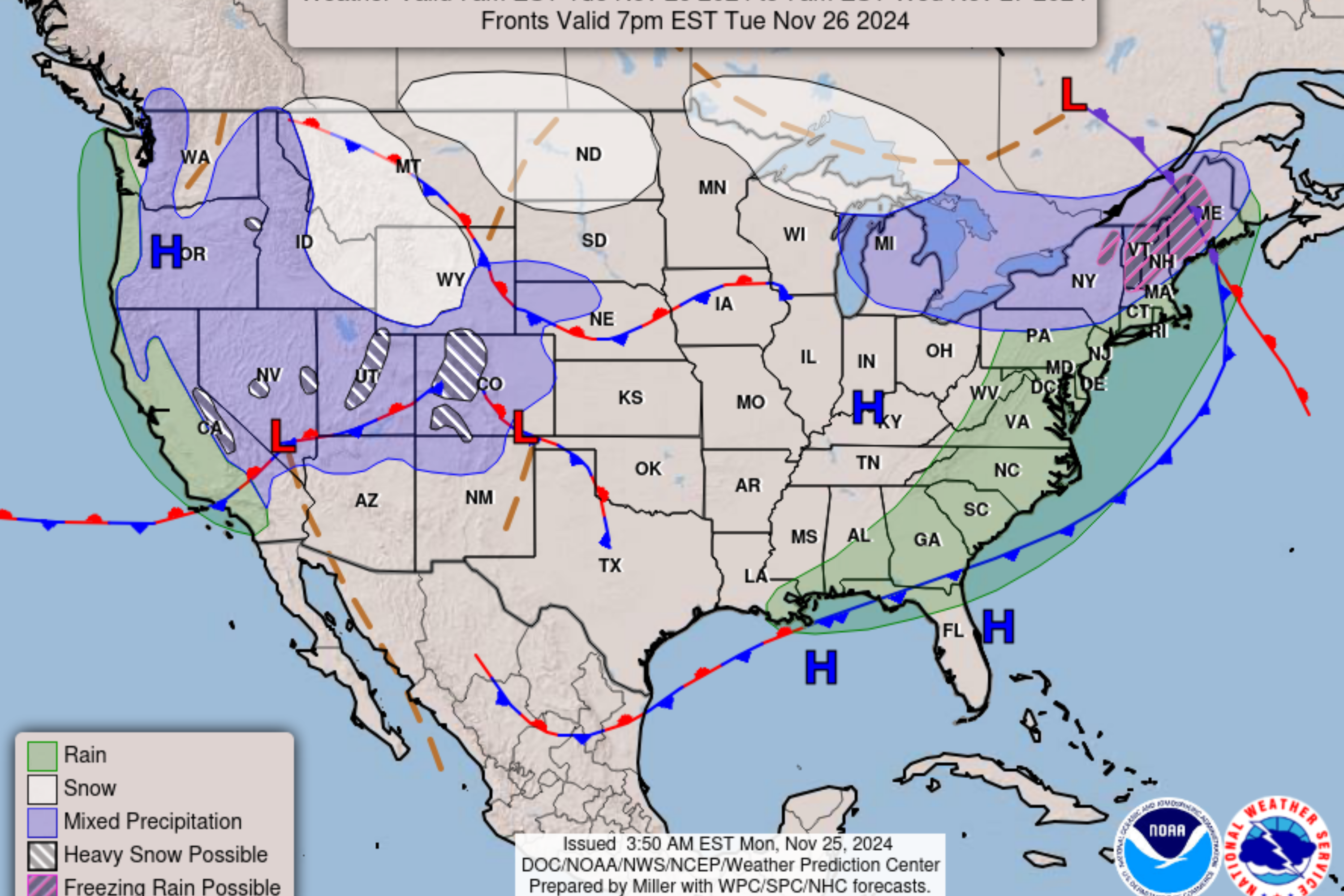World
US, European diplomats to meet in Paris as fears of all-out Middle East war grow

Senior diplomats from the United States, Britain, Germany, France and Italy will meet on Thursday (19 September) in Paris to discuss the spiralling tensions in the Middle East, sources said on Wednesday.
The meeting will take place as fears grow of an all-out war engulfing the region, with conflict raging in Gaza and after two days of exploding pagers and other devices in Lebanon, an unprecedented attack the country’s Iran-backed Hezbollah militant group has blamed on Israel.
In Tuesday’s explosions, sources said Israeli spies remotely detonated explosives they planted in a Hezbollah order of 5,000 pagers before they entered the country.
US Secretary of State Antony Blinken will join his counterparts from Washington’s allies in the French capital after discussing the possibility of a Gaza war truce in Cairo.
During his visit, aimed at salvaging stalled negotiations mediated by Egypt, Qatar and the United States to end the conflict, he said a ceasefire in Gaza would be the best way to stop violence from spreading across the Middle East.
The US has denied any involvement in the blasts. A US official, speaking on condition of anonymity, said Israel told Washington on Tuesday it was going to do something in Lebanon. But Israel did not provide details and the operation itself was a surprise to Washington, the official said.
Italian Foreign Minister Antonio Tajani, who said he will attend, added that the group would also discuss the war in Ukraine.
Another type of devices explode across Lebanon
Hand-held radios used by armed group Hezbollah detonated on Wednesday across Lebanon’s south in the country’s deadliest day since cross-border fighting erupted between the militants and Israel nearly a year ago, stoking tensions after similar explosions of the group’s pagers the day before.
Lebanon’s health ministry said 20 people were killed and more than 450 injured on Wednesday in Beirut’s suburbs and the Bekaa Valley, while the death toll from Tuesday’s explosions rose to 12, including two children, with nearly 3,000 injured.
The hand-held radios were purchased by Hezbollah five months ago, around the same time as the pagers, a security source said.
Israeli officials have not commented on the blasts, but security sources said Israel’s spy agency Mossad was responsible. One Hezbollah official said the episode was the biggest security breach in the group’s history.
The operations, which appeared to throw Hezbollah into disarray, played out alongside Israel’s 11-month-old war in Gaza and heightened fears of an escalation on its Lebanese border and the risk of a full-blown regional war.
Jordan’s Foreign Minister Ayman Safadi accused Israel of pushing the Middle East to the brink of a regional war by orchestrating a dangerous escalation on many fronts.
The United Nations Security Council will meet on Friday about the pager blasts after a request by Arab states.
Tehran’s ambassador in Lebanon was superficially injured in Tuesday’s blasts, Iran’s semi-official Fars news agency reported then. But the New York Times on Wednesday said he lost one eye and the other was severely injured when a pager he was carrying exploded, citing two members of Iran’s Revolutionary Guard.
Iran’s envoy to the UN said in a letter on Wednesday that it “reserves its rights under international law to take required measures deemed necessary to respond” to the attack.
Hezbollah launches rockets
Hezbollah, which has vowed to retaliate against Israel, said on Wednesday it attacked Israeli artillery positions with rockets, the first strike at its arch-foe since the blasts. The Israeli military said there were no reports of any damage or casualties.
“Hezbollah wants to avoid an all-out war,” said Mohanad Hage Ali, deputy director of research at the Carnegie Middle East Center in Beirut. “But given the scale … there will be pressure for a stronger response.”
The two sides have been fighting across the Lebanese border since the Gaza conflict erupted on 7 October 2023, fuelling fears of a wider Middle East war that could drag in the United States and Iran. The previous highest daily Lebanese death toll was 11 who died in Israeli shelling last month, according to official counts.
Gallant said Israel, which has vowed to return evacuated residents to their homes in the north, was transferring troops and resources to the Lebanon border region. Israeli sources said this included the army’s 98th Division, which has commando and paratrooper formations, moving from Gaza to the north.
“The ‘centre of gravity’ is moving north, meaning that we are allocating forces, resources and energy for the northern arena,” Gallant said in remarks released by his office.
A full-blown war with Israel could devastate Lebanon, which has lurched from one crisis to another, including a 2019 financial collapse and the 2020 Beirut port blast.
Rising tensions may also complicate so far unsuccessful efforts by mediators Egypt, Qatar and the US to negotiate a Gaza ceasefire between Israel and militant group Hamas, a Hezbollah ally also backed by Iran.
White House national security spokesperson John Kirby said on Wednesday it was too soon to assess the impact of the blasts on ceasefire talks.
Hezbollah, Iran’s most powerful proxy in the Middle East, said in a statement it would continue to support Hamas in Gaza and Israel should await a response to the pager “massacre.”
A Hamas delegation visited people wounded in the blasts in Lebanese hospitals on Wednesday, Lebanese state news agency NNA said.
The explosions followed a series of assassinations of Hezbollah and Hamas commanders and leaders ascribed to Israel since the start of the Gaza war.
(Edited by Georgi Gotev)












